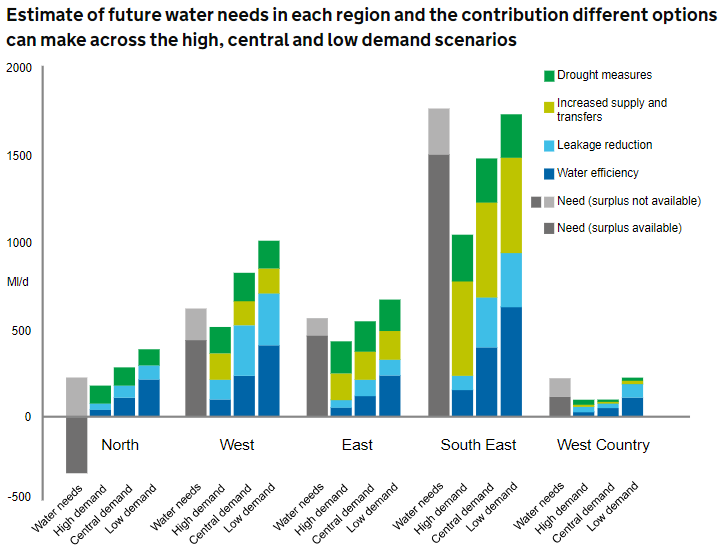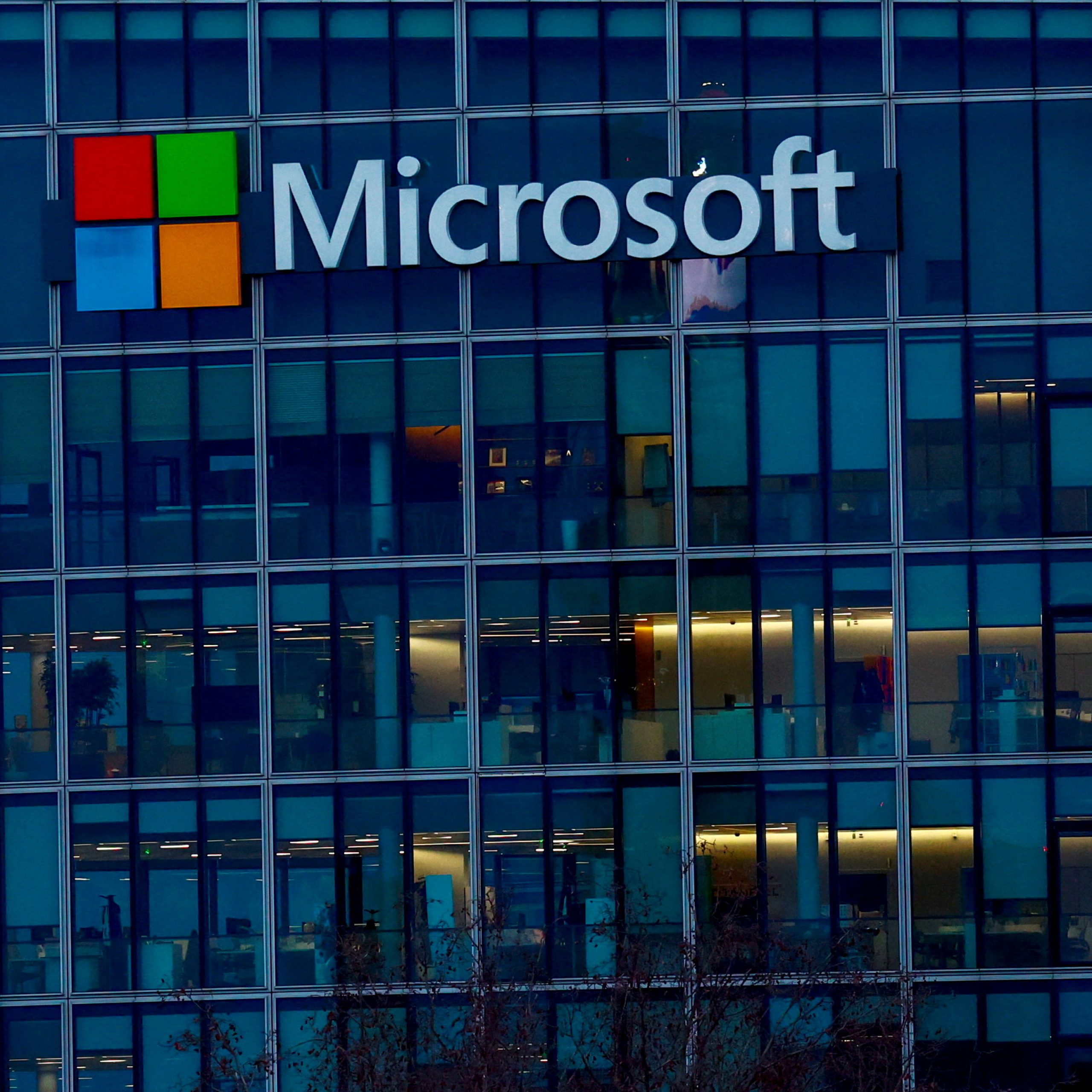Microsoft’s chief sustainability officer for the UK, Lewis Richards, talked about the link between water and artificial intelligence at British Water’s 2024 Spring Reception, hosted at the House of Lords.

Water is an important resource for Microsoft
In his keynote speech, Richards stressed the importance of water and highlighted the fact that water is an essential and fundamental part of our existence. Not just ours; he said that cloud computing, data centers, and PCs are not possible without water. Mentioning the water scarcity that we humans might face in the future, Richards said,
“The entire world works on the fact we have a very finite resource, so it’s in our collective interest to work as closely together with the industry as possible to make sure we do the right thing.”
Source: Pandct.
He also talked about the future, which will be powered by AI, and said that to achieve our goals, we must upskill every person and every organization. Protecting the resources is also important, and we must work together for it, he said.
He said technology is advancing at a rapid pace that has never been seen before, and it’s expanding around us while he was emphasizing the importance of technology development and skills. He also noted that we have to take everyone on board so that no one is left behind.
Upskilling is essential
Speaking at the session, he said that the investment requirements for upskilling are massive, likely in time, money, and effort in order to involve people. As technology develops and plays a crucial role in our lives, individuals must develop the capacity to think critically, especially in the world of AI.
He also said that digitization of the water sector is essential before the eighth asset management period (AMP8) by Ofwat, which is the Water Services Regulatory Authority in England and Wales. As he said,
“As we go into AMP8, we cannot behave the same way we’ve always behaved. Every single time we’re building something new, it needs to be digitized and sustainably driven from the get-go to feed data into enterprise data platforms. If we can’t do that together as a collective, we’re never going to get that en masse benefit; we are always going to be in silos.”
Source: Pandct.
As an example of collaborative progress, he mentioned the Microsoft Stream open-data platform and said that we all have the same intent, and everyone wants to work on the same data sets. He said that the problem is the interpretation of the data, which is hindering collaboration. But the technology is there to assist, which is able to provide solutions for the biggest problems like microplastic pollution, and with the right partnerships between tech, industry, and government, these things can be made a reality. As he said,
“That gives me confidence that we can change the current situation. You are the reformers of today. Be encouraged.”





